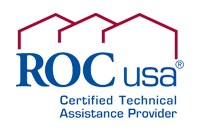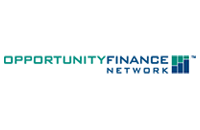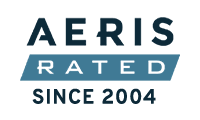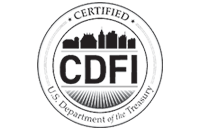
Quality early childhood education offers economic benefit for NH
By Archive
A report analyzes the economic cost and benefits of funding evidence-based early-childhood programs in N.H.
What could it mean for New Hampshire if our system of early childhood programs was unified and funded at a level that reached the most-vulnerable kids and families?
With the recent release of a new report from the Rand Corporation, we can begin to be able to answer that question.
The Economic Returns from Investing in Early Childhood Programs in the Granite State, was commissioned by the Endowment for Health to analyze the economic cost and benefits of funding evidence-based early-childhood programs in N.H.
 It shines an important light on which strategies can be applied here to best meet working families’ needs and produce measurable economic returns for the state.
It shines an important light on which strategies can be applied here to best meet working families’ needs and produce measurable economic returns for the state.
Among the report’s findings:
- In 2015, 30% of the state’s children age 5 and under were in families that qualify as low income.
- 37% of children under age 6 in N.H. experience one or two types of adversity, such as poverty, low parental education, and having a teen mother, that put them at risk for poor health and underperformance in school.
- Current funding that helps lift disadvantaged young children and their families in N.H. is mostly federal and doesn’t reach all those who are eligible.
The report then offered two strategies that N.H. could potentially adopt to improve the lives of families with young children who are most at risk.
Home-visiting and early-education programs can buffer the effects of toxic stress and adverse factors in young children’s lives, and can help them and their families succeed. Funding these programs at higher levels would produce long-term benefits, not just for the children, but also for the state.
- An evidence-based home-visiting program for low-income, first-time mothers would return an estimated $4 to $6 for every dollar of funding.
- A state-funded pre-school program (voluntary for one year) for children in low-income families would return of $2 for every dollar of funding. That figure doubles—to nearly $4 for every dollar funded—if the program targets children living in poverty.
Many states have adopted these types of strategies. Recent research on Tulsa, OK’s universal pre-kindergarten program demonstrated benefits that exceeded its costs by about two-to-one.
A focus on our youngest children offers a great return on public funding, and this report offers a road map for stakeholders and policymakers to consider.
Thanks to the Endowment for Health for leading the way with this report.















